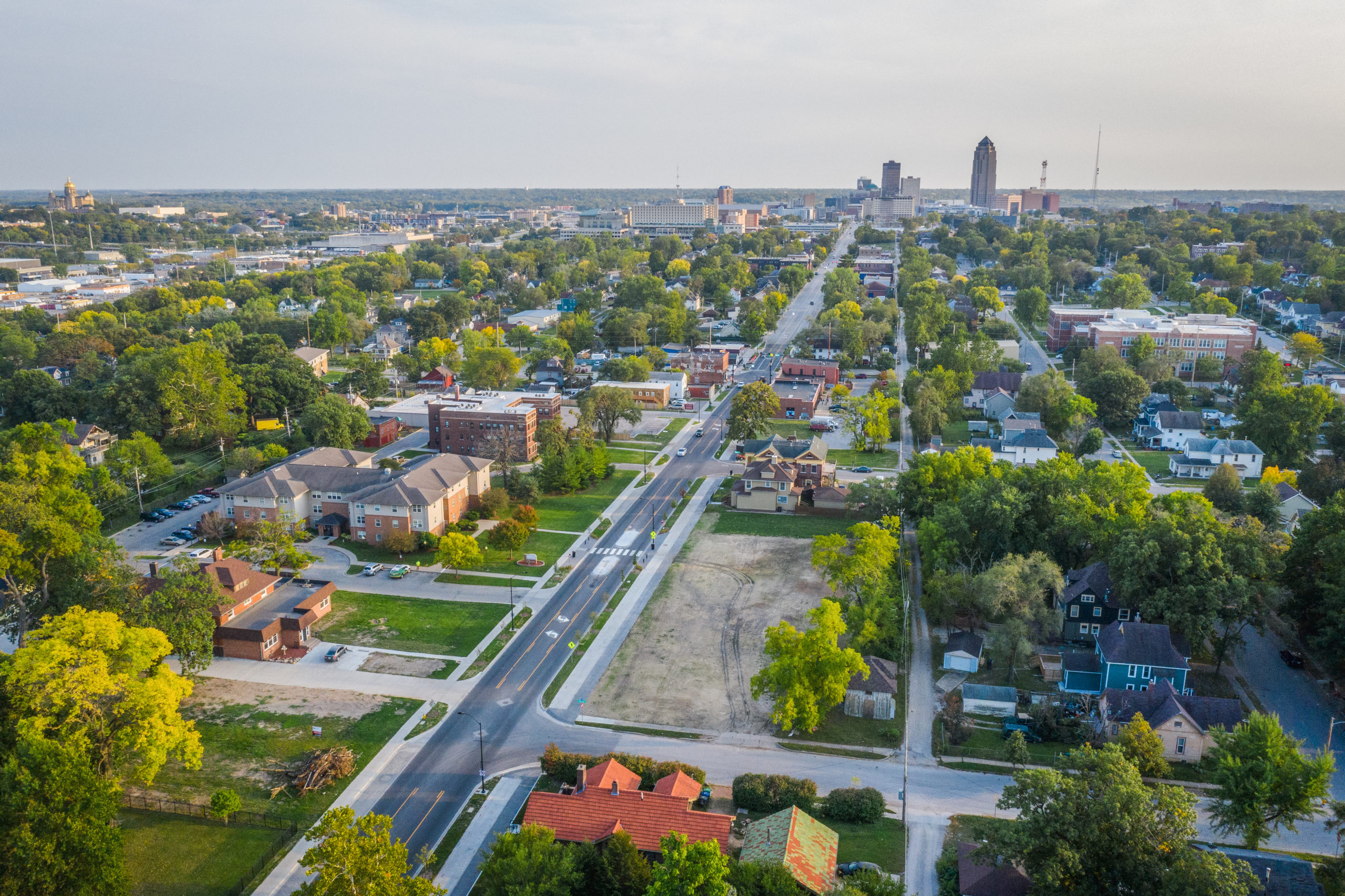The establishment of a Self-Supported Municipal Improvement District (SSMID) authorizes a city to impose additional property taxes on a special district for specific purposes within that district. Most of the SSMIDs in Iowa are downtown areas which pay for streestscaping or beautification projects.
Creating a SSMID
Chapter 386.3 of the Code of Iowa describes what a city must do to create a SSMID. Due to the complexity and required sequence of events, consultation with the city attorney throughout this process is recommended. In addition to property classification requirements (commercial, industrial or historic district), the district must consist of contiguous property within the city’s boundaries. To initiate the proceedings, the city council needs to file a petition with the city clerk that contains signatures of at least 25 percent of the property owners within the proposed district. Those signatures also must represent at least 25 percent of the assessed property value in the district.
Use of SSMID Funds
After satisfying the petition requirements, the council must name the proposed district and describe its legal boundaries. SSMID tax revenue can be used for a wide range of purposes, including support of an operation fund. SSMID funds may also be used for establishing a capital improvements fund, issuing bonds to pay for improvement projects within the district, using district revenue for debt service (only to pay for the principal and interest of SSMID bonds) and to pay for parking fees at any facility that is within or used by the district. Those purposes must be listed when establishing a district and may be general or by the specific improvements and uses of the revenue. The council must also state the maximum tax rate that may be imposed on the properties within the district.
Approving a SSMID
The planning and zoning commission is then required to prepare an evaluative report of the proposed district for the council, which must be received by the council before it can take further action on the establishment of the district. In cities that do not have a planning or zoning commission or a regional planning commission, the council shall call a public hearing on the establishment of the district. Once the council has received the commission report, it must publish a notice of the meeting at which it will hold a public hearing on the proposal to create the SSMID. At least 15 days before the meeting the city clerk must also send a copy of the notice by certified mail to each property owner in the proposed district. In addition to the meeting information, the notice must state that a petition has been filed with the council for the establishment of the district as well as the name, purposes, boundaries and maximum tax rate of the district. During the public hearing the council must hear all property owners of the district or residents of the city who wish to express their views on the matter.
After the public hearing the council must wait at least 30 days before adopting an ordinance that establishes the SSMID. Adoption of the ordinance requires an affirmative vote of three-fourths of the council. However, if an objection has been filed by at least 25 percent of the district property owners (and they represent at least 25 percent of the assessed property value), then the council must vote unanimously to adopt the ordinance. Also, if 40 percent or more of the district property owners representing at least 40 percent of the assessed property value file a petition objecting to the creation of the SSMID, the council must withdraw the measure from consideration. After the council passes the ordinance the city must file it with the county.






